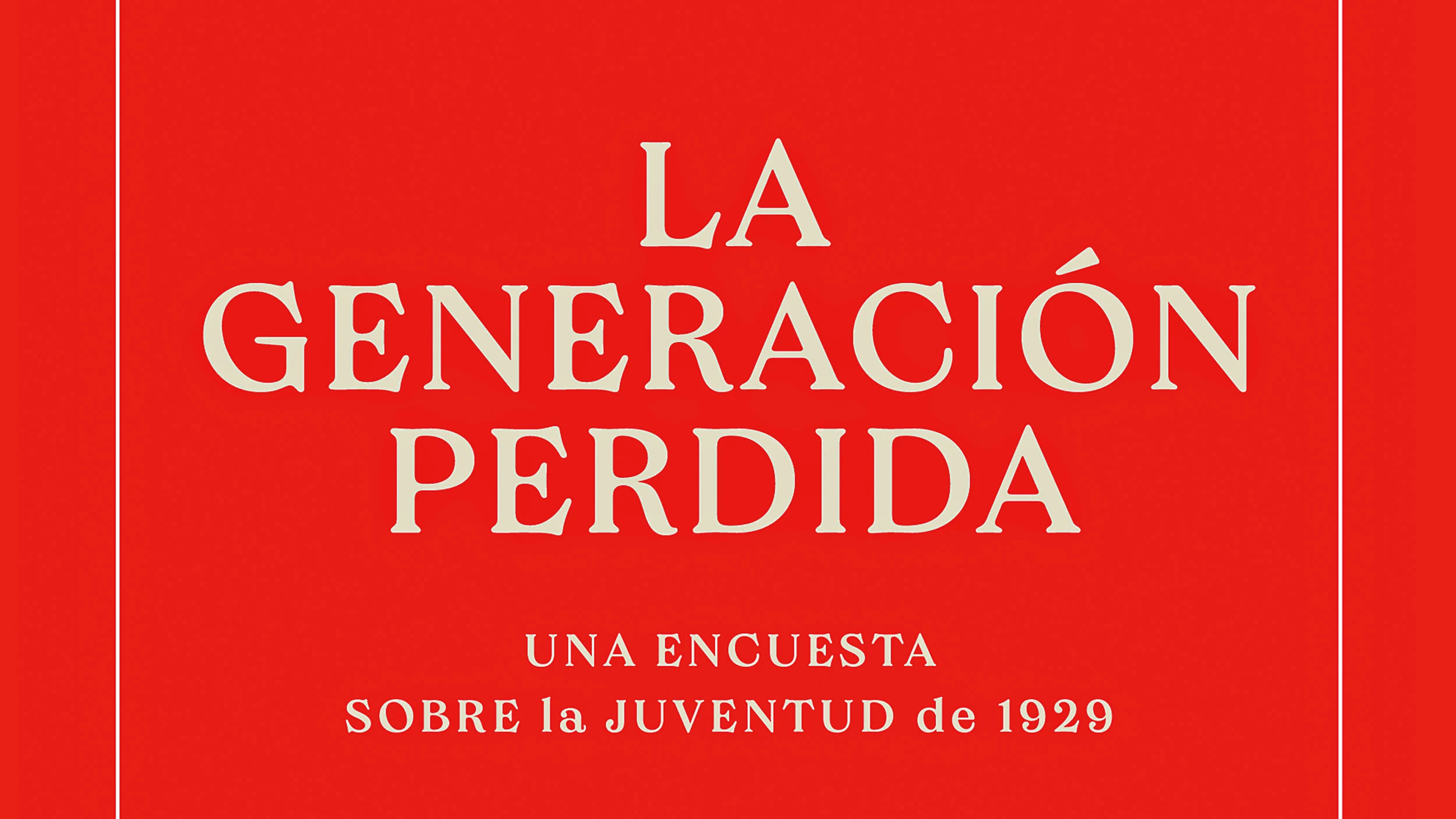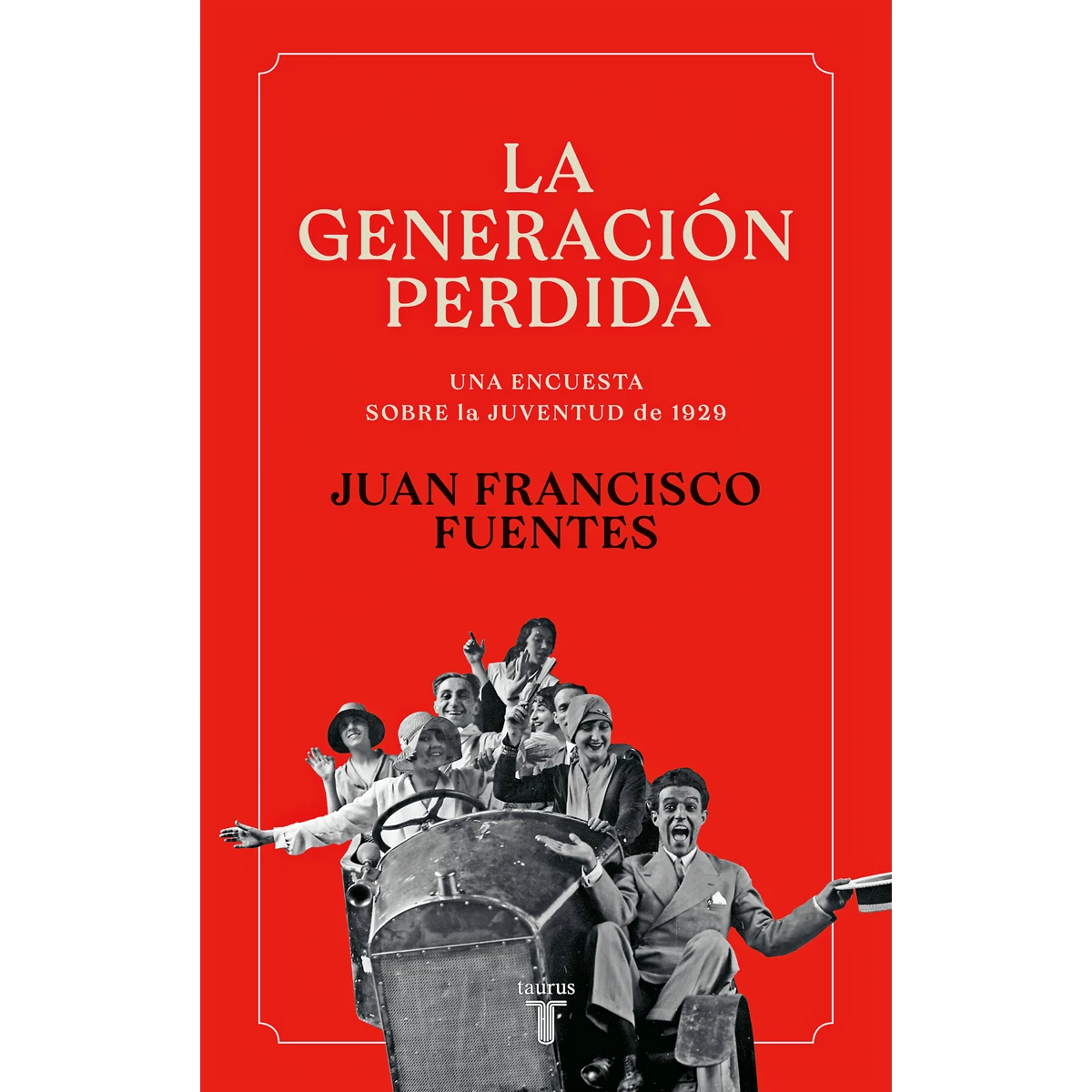
“I am the only young person in Spain.” With his typical irony a sexagenarian Unamuno exhorted the nation’s youth to engage more with their times, not only politically but also intellectually. But the Basque philosopher was not oblivious to the effervescence of the moment. The Spanish 1920s were years of lead, but also silver; of dictatorship, but also modernization. And though some looked back with longing, amid automobiles, movies, and foxtrots a new generation arose that was happy to live its juncture in history.
It was to document this new mood that in 1929, the daily El Sol did a survey of its youngest readers’ opinions on motley themes, from politics and education to sports and love. Of 1,326 responses it published only 36, enough to sketch an upbeat, hedonist, transgressive portrait of a cohort that is the subject of the latest book by Juan Francisco Fuentes, who not only dusts off an interesting sociological history but ventures further to find out who took part in it and what became of them – a historiographic ubi sunt of sorts.
Digging into archives, the author came upon many, and he takes us through a maze of biographical profiles that could well have its Ariadne in a very young signatory, Matilde Ucelay. When she sent in her letter the country’s first female architect was a teen, but with astonishing lucidness she expressed a faith in progress and an openness of outlook that made it clear to her elders that many young people in Spain, with the candor of one who doesn’t know what’s coming, were singing “tomorrow… is mine.”







